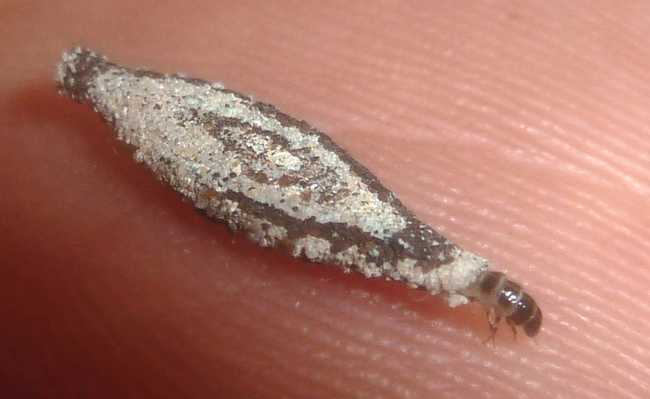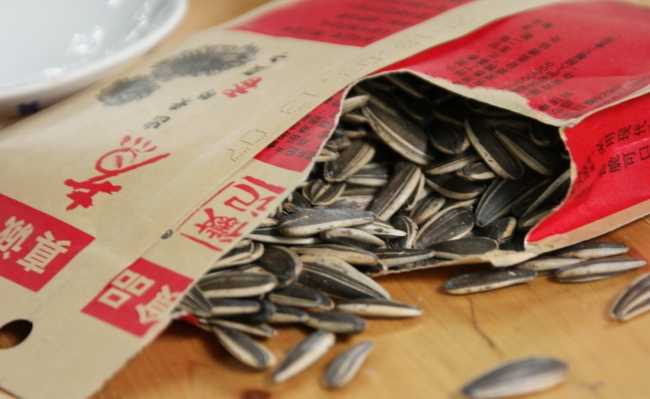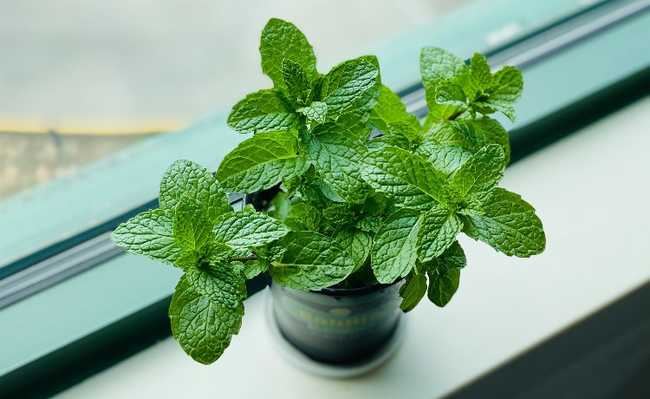Evening primrose oil: what is it for?
Evening primrose oil can be used for skin care, blood pressure, menopause symptoms, heart health and PMS.

Image: Primula farinosa by BerndH is licensed under CC-BY-SA-3.0
Oil of Primula
Evening primrose oil is made from the seeds of plants belonging to the botanical genus Primula L., which constitutes more than 400 species of the family Primulacea.
The various types of evening primrose are native to North America, and the plant has traditionally been used to treat skin problems, menopause and PMS symptoms, high blood pressure, bone pain, among other uses. Understand and learn how to use evening primrose oil to your benefit.
- Vegetable oils: extraction, benefits and how to acquire
What is evening primrose oil for?

Image: Primula hortensis, by André Karwath aka Aka, is licensed under CC-BY-SA-2.5
Due to the presence of gamma-linolenic acid (GLA) - an omega-6 fatty acid also found in other vegetable oils - evening primrose oil provides health benefits.
Helps to improve xerotic cheilitis (inflammation of the lips)
According to a study published by PubMed, evening primrose oil can help relieve cheilitis, a condition that causes inflammation and pain in the lips due to the use of the drug isotretinoin (Accutane). To achieve improvements in the condition of lip inflammation, study participants received six capsules of 450 milligrams (mg) of evening primrose oil three times a day for eight weeks.
Treats eczema (skin inflammation)
In addition to the United States, some countries have approved the use of evening primrose oil to treat eczema, an inflammatory skin condition.
According to one study, the GLA present in evening primrose oil can improve skin inflammation. In contrast, another review concluded that ingesting evening primrose oil does not improve eczema and is not an effective treatment (this review did not look at the effectiveness of topical (direct skin) use of evening primrose oil for the treatment of eczema).
In the latest study, participants received one to four evening primrose oil capsules twice a day for 12 weeks.
To use it topically as a skin inflammation remedial, you can apply 1 ml of carrier oil mixture (coconut oil, grape seed oil, among others) in the proportion of 80% carrier oil and 20% evening primrose oil on the skin twice a day for up to four months.
- Coconut oil: benefits, what is it for and how to use it
- Grape seed oil: benefits and how to use
Improves skin elasticity, hydration and firmness
According to a study published by International Journal of Cosmetic Science, primrose oil oral supplementation helps improve skin elasticity, hydration and firmness. According to the study, the GLA in evening primrose oil is the component that allows the skin to restructure and maintain its functions. And because the skin cannot produce GLA on its own, the study researchers believe that ingesting evening primrose oil (rich in GLA) helps keep the skin healthy overall.
- Five-step homemade skin cleansing
- Moisturizing creams: three homemade recipes
- How to make a natural skin cleanser with two ingredients
To obtain the benefits of evening primrose oil it is recommended to ingest 500 mg of evening primrose oil capsules three times a day for up to 12 weeks.
Improves PMS symptoms
Another study published by PubMed suggests that evening primrose oil is effective in treating premenstrual syndrome (PMS) symptoms such as depression, irritability and bloating. The study researchers believe that women sensitive to normal levels of prolactin in the body experience more pain, and that the GLA in evening primrose oil converts to a body substance (prostaglandin E1) that helps prevent prolactin from triggering PMS.
- PMS: foods that fight or aggravate symptoms
- Natural Remedy Recipes for PMS
To use evening primrose oil to combat the symptoms of PMS, it is recommended to take six to 12 capsules (500 mg to 6,000 mg) one to four times a day for up to ten months. Start with the lowest possible dose and increase as needed to relieve symptoms.
Relieves breast pain
According to a study published by the journal Medicine Review, the GLA in evening primrose oil reduces inflammation and helps to inhibit prostaglandins that cause breast pain. The study found that taking daily doses of evening primrose oil and vitamin E for six months decreased the severity of breast pain.
- Vitamins: types, needs and times of intake
To reduce breast pain it is recommended to take one to three grams or 2.4 ml of evening primrose oil daily for six months. You can also take 1,200 mg of vitamin E along with evening primrose oil for six months.
Relieves Menopause Hot Flashes
Evening primrose oil can also reduce the intensity of menopausal hot flashes, one of the most unwanted symptoms of this stage of life.
- Menopause: symptoms, effects and causes
- Menopause teas: alternatives for symptom relief
- Essential Oils: Alternatives in Natural Menopause Treatment
According to a review published by Journal of the American Pharmacists Association, there is not enough evidence that over-the-counter medications such as evening primrose oil help alleviate menopausal hot flashes. However, a later study found that women who took 500 mg a day of evening primrose oil for six weeks experienced less frequent and less intense hot flashes. The women in the study also showed an improvement in their sex life and social relationships.
To get this kind of benefit from evening primrose oil it is recommended to consume 500 mg of evening primrose oil twice a day for six weeks.
Can help reduce high blood pressure
According to a study published by PubMed CentralEvening primrose oil can reduce systolic blood pressure by 4%. The study researchers consider this reduction clinically significant.
However, a review concluded that there is insufficient evidence to determine whether evening primrose oil helps reduce the risk of high blood pressure during pregnancy or pre-eclampsia (a serious condition that has high blood pressure during and after pregnancy as one of the symptoms. ).
To help reduce blood pressure, it is recommended to take a dose of 500 mg of evening primrose oil twice a day under the supervision of a doctor or physician. It is not recommended to ingest evening primrose oil along with other supplements or medications that lower blood pressure.
Contributes to heart health
A study published by PubMed Central concluded that evening primrose oil is anti-inflammatory and helps reduce bad blood cholesterol, conditions associated with heart disease.
Under the supervision of a doctor or doctor, take 10 to 30 ml of evening primrose oil for four months. Be careful if you want to ingest evening primrose oil with other medications that affect the heart.
Improves bone pain
Bone pain is usually caused by rheumatoid arthritis, a chronic inflammatory disorder. According to a review published by The Cochrane Library, the GLA present in evening primrose oil has the potential to reduce the pain of rheumatoid arthritis without causing unwanted side effects.
- Leg pain: what it can be and how to relieve it
To obtain this type of benefit it is recommended to take 560 to 6,000 mg of evening primrose oil daily for three to 12 months.
Side Effects and Risks of Evening Primrose Oil
Evening primrose oil is considered safe for most people who use it for the short term; in the long term, however, evening primrose oil has not yet been proven to be safe.
The observed side effects of evening primrose oil are usually mild and may include:
- stomachache
- headache
- diarrhea
Taking as little evening primrose oil as possible can help avoid side effects. In rare cases, evening primrose oil can cause an allergic reaction. Some symptoms of allergic reaction are:
- inflammation of hands and feet
- rash
- difficulty breathing
- wheezing
If you are taking anticoagulants, avoid evening primrose oil as it can increase bleeding.
Evening primrose oil has been used to help prepare the cervix for childbirth. But according to Mayo Clinic, one study reported that taking evening primrose oil delayed oral dilation and increased labor time. There is not enough research on the safety of using evening primrose oil during pregnancy or breastfeeding.
There is evidence that evening primrose oil can have health benefits, however, consider conventional medical treatment.
Adapted from Healthline and Mayo Clinic








